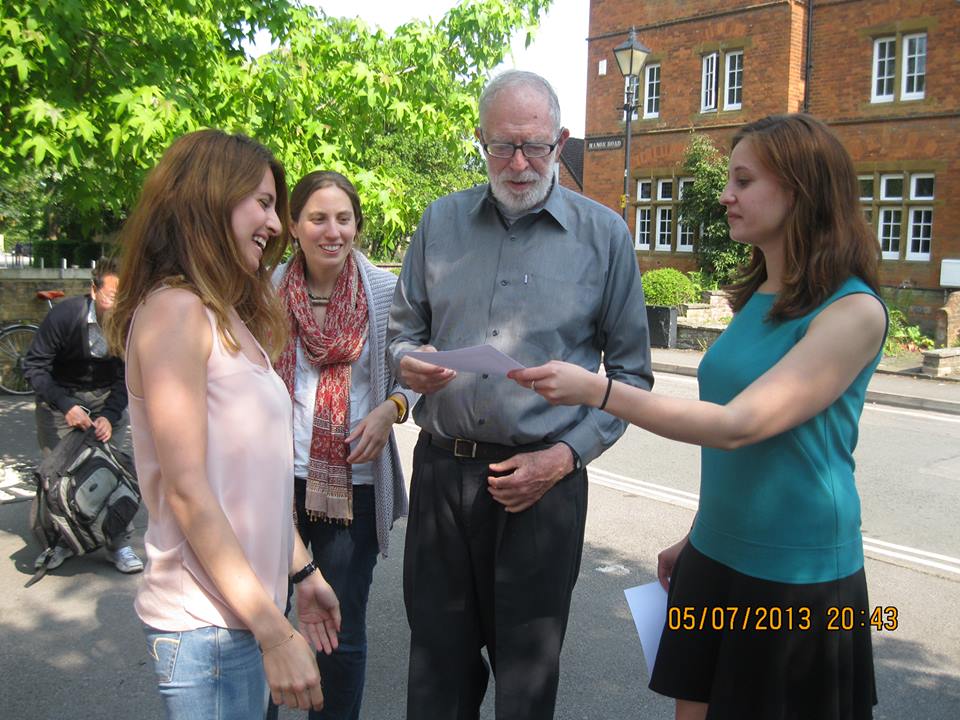The Gezi Park protests of May and June 2013 appeared as an unexpected and extraordinary face of Turkish youth, a generation largely raised during a period absent of widespread protests. While the older generation witnessed a bloody era of Turkey through the 1970s, a 1980 military coup ensured prolonged de-politicization of Turkish society by banning political activists from engaging in political activities for 15 years. Moreover, 30,000 political activists were forced to leave the country and about 500 death sentences were pronounced (Pfannkuch, 2013). Therefore, the generation born after 1980 were educated to be reticent when it came to politics. Even the young Turks themselves were surprised by the active presence and commitment of their peers in the protests, which began as a small group of 50 people claiming their public park and grew into wider anti-government protests.
Undeniably, increased authoritarian rule of the government and repression of alternative political voices contributed to the rise of the recent protests. Yet, what particularly differentiated the Gezi Park uprisings and mobilized the young dissidents was the silence of the conventional media, which led to the utilization of social media in a variety of roles.
Information
While the conventional media in Turkey lost its critical and objective standing, social media became a crucial source for young Turks to learn breaking and unreported news. This informative role of social media was particularly noticeable when the Gezi Park protests began to grow on Friday, March 31st. While the TV channels opted to remain silent on the growing protests and showed cooking or competitive reality shows instead, social media was full of shared images and posts from the Gezi Park protests (The Occupy Gezi page on Facebook and #direngezi on Twitter were the main information channels of the protests). As people could not watch the protests on television, they became active on these social platforms and tweeted, posted images on Facebook or shared their videos on Youtube in order to inform others and ask for help.
Social media, once more, reminded us how many journalists are among us. As everyone turned their attention to social media, users competed with each other to post their comments and to determine the narrative of the protests, becoming journalists themselves and expressing their grievances in these new platforms.
Motivation
Given that 70 % of the Turkish population is under 35, Turkey ranked the 4th largest in global usage of Facebookand 8th in use of Twitter (Voice of America, 2011). The large presence of young Turks on social media platforms, which are forums for “personalized communication” and can bring a “connective power to movements” (Bennett et al., 2011), allowed young people to influence and motivate each other.
A second motivating factor was the distribution of photos on social media that demonstrated a disproportional use of force by police. A blog opened for protesters enabled them to report any excessive use of force by police. Photos of their peers resisting water cannons and tear gas on Workers Day (May 1st 2013) and during Gezi Park protests, led young people to take to the streets.
Organization
Most individuals who joined the demonstrations were not members of any political or social organization. However, social media allowed these previously non-activist youth to easily connect with each other and learn to organise an uprising. The Occupy Gezi Protest in London, organized by a small group of Turkish youth, was a great example of the speed of social media in creating connections among individuals. In one day, the group’sFacebook page reached 3,653 members encouraging individuals in London to protest in support of those in Turkey.
Within Turkey, dissidents used social media to access information about the current situation in specific areas of the city where protests were planned. Additionally, individuals spread phone numbers of lawyers and doctors available to aid protesters over Facebook, leveraging the power of social media to ensure the safety of the protesters.
International Solidarity
Social media spread news of the protests internationally and was used by Turkish individuals abroad to organize events in their own country in support of protesters. International interest in the events in Turkey is also demonstrated by the international media reports of the protests, notable in light of the silence within conventional Turkish media. For example, one of the most popular videos of the protests came from the BBC.
Although it would be a mistake to claim that social media have completely replaced the role of conventional media, the Gezi Park protests once again demonstrated the growing importance of social media in politics and its potential for awakening and unifying a young population. In a speech on the Gezi Parkı protests, Erdogan said: “Social media is the worst menace to society’. As networked movements spread all around the world and topple governments, one might question whether it is a menace to society or to authorities.
//Billur Aslan
Reference List:
Amani, A, 2012, “Turkey’s Democratic Short Fall: Is Prime Minister Erdoğan the Main Problem?”, OpenDemocracy, viewed in: 02.06.2013, Available at: http://www.opendemocracy.net/aslan-amani/turkeys-democratic-shortfall-is-prime-minister-erdogan-main-problem
Bennet, L, Segerberg, A, 2013, The Logic of Connective Action, Cambridge: Cambridge University Press
Jones, D, 2012, Turkey Embraces Social Media, Voice of America, 26 April, viewed in: 02.03.2012, Available at:http://www.voanews.com/content/turkey-embraces-social-media-149236475/370184.html
Pfannkuch, K, 2013, “Turkey’s Apolitical Generation”, Your Middle East, 29 April, viewed in:02.06.2013, Available at: http://www.yourmiddleeast.com/features/turkeys-apolitical-generation_13834
Papacharissi, Z, Oliveira, M, 2011, The Rythme of News Storytelling on Twitter, World Association for Public Opinion Research Conference, September, Amsterdam









